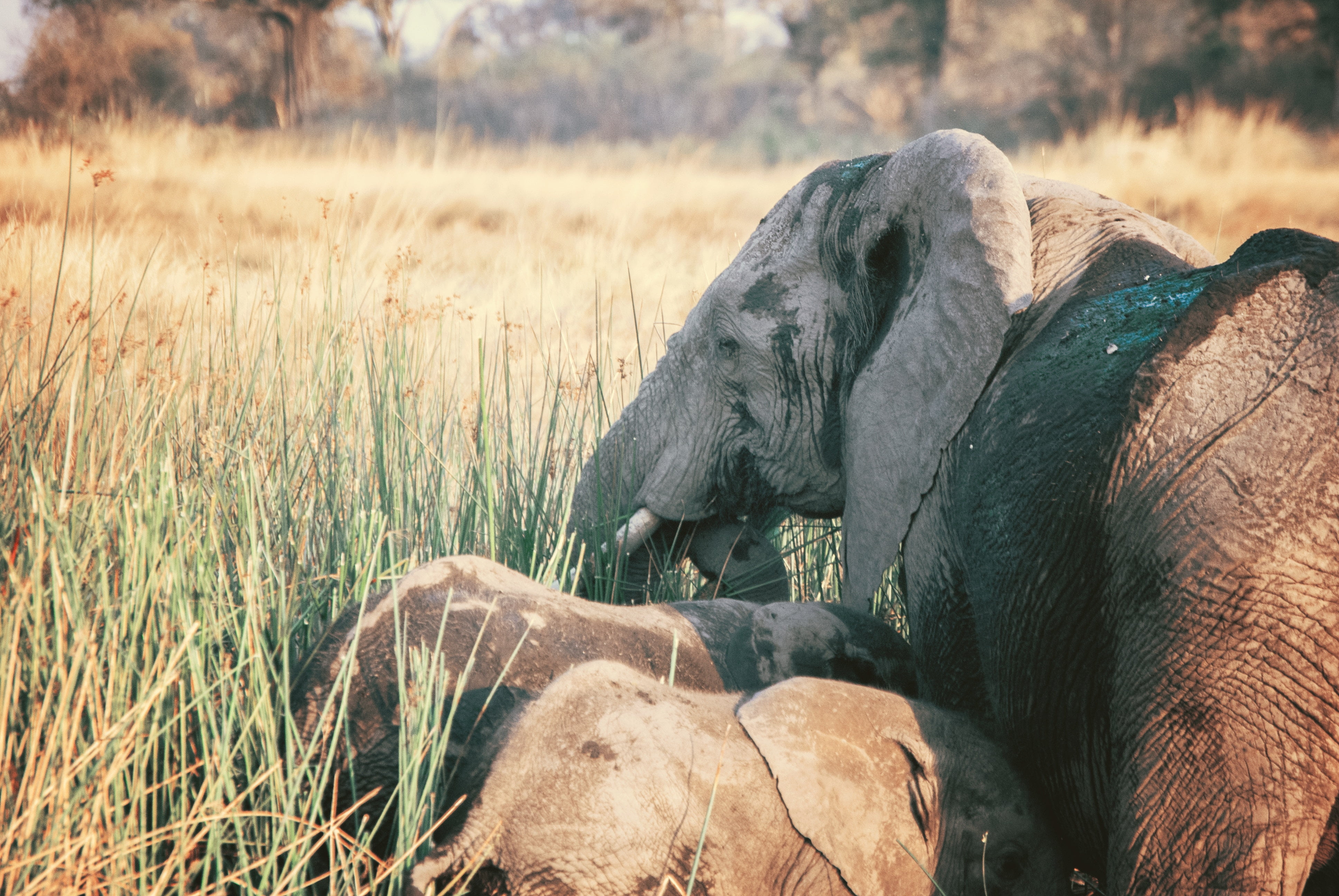Zimbabwe exports more wild elephants to China
With further reports this year by Conservation Action Trust, that Zimbabwe has sanctioned the removal of young elephants from the wild for export to captivity in Chinese zoos1 we again2 reiterate that our organisation opposes this export for a number of reasons.
An elephant’s highly intelligent and social nature makes them notoriously difficult to provide for in captivity. Larg enclosure space, suitable environmental enrichment, appropriate temperature control, social interactions and appropriate medical care are critically important to ensure high standards of welfare, but even then, elephants can suffer in captivity unless under expert care.
Elephants are biologically and behaviourally made for walking in very large spaces as they are active for most of the day, and they must be provided with complex, stimulating enclosures that encourage species-typical movements and behaviours.
They have evolved to live in warm climates and while they can tolerate relatively brief exposure to cold conditions, longer exposure forces them to stay indoors which can lead to frustration and boredom. Most importantly, elephants need appropriate companionship and social interactions that are critically important to all elephants.
Young elephants removed from their families will be psychologically affected by such a traumatic experience and without adult family members to help them, they will miss out on learning, playing and forming strong bonds with each other in a natural herd structure. These social interactions provide the most enriching and natural environment for captive elephants.
Every zoo and everyone who looks after animals has a duty of care to those animals; meaning they have a responsibility to provide for those animals in a way which prevents harm and ensures an animal’s welfare is positive. Chinese zoos currently lack appropriate captive animal protection and monitoring regulations and past observations indicate that they also lack the expertise to effectively manage elephants, let alone stressed and vulnerable wild-caught elephants.
We remain disappointed that CITES (the Convention on International Trade in Endangered Species)3 the international agreement between governments aiming to ensure international trade in specimens of wild animals and plants does not threaten their survival, continues to allow the export of these Appendix I individuals.
While CITES does have some guidelines pertaining to animal welfare for trade, it only stipulates that animals go to “appropriate and acceptable destinations”, but these are internally sanctioned by export and importing countries, and therefore are effectively redundant in regard to the protection of animal welfare.
~ENDS~
Notes to Editors
- Zimbabwe previously exported elephants to China in 2012 and 2015. Some of the elephants from these exports died and the remaining individuals were reported to be living in unsuitable conditions with very poor welfare standards. The exports are sanctioned under CITES as long as any trade in individuals does not threaten the long-term survival of the species.
- The African Elephant Coalition (AEC), a coalition of 32 African elephant range states, has repeatedly spoken out against the capture and trade of wild baby elephants for captivity.
- You can contact CITES directly and make your voice heard on the issue by emailing info@cites.org.
For more information or interview requests please contact Wild Welfare on communications@wildwelfare.org
Wild Welfare is a global organisation committed to improving animal welfare for captive wild animals. By uniting the world’s leading zoos, zoo associations and animal welfare organisations, we build trusting partnerships that help provide long-term solutions to critical wild animal welfare issues.
Our vision is to end the suffering of captive wild animals around the world and ensure full and sustainable protection is given to all animals in human care. Find out more at www.wildwelfare.org. Registered charity in England (no.1165941).
Image © Tobias Adam on Unsplash





